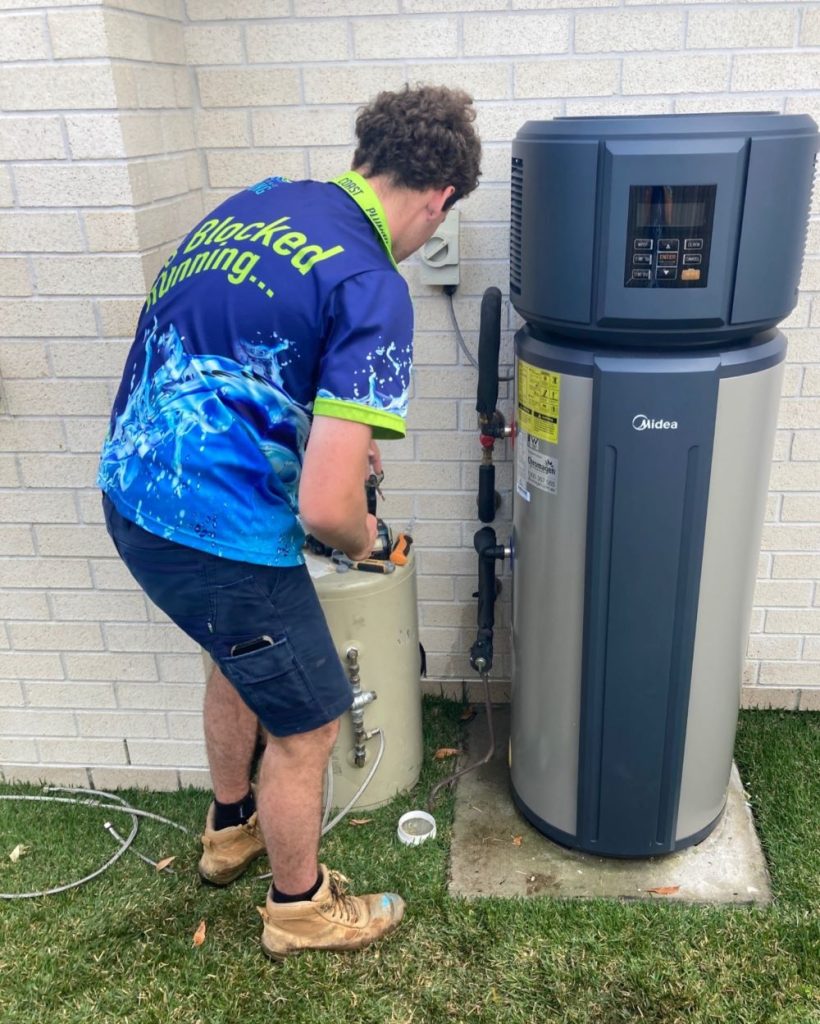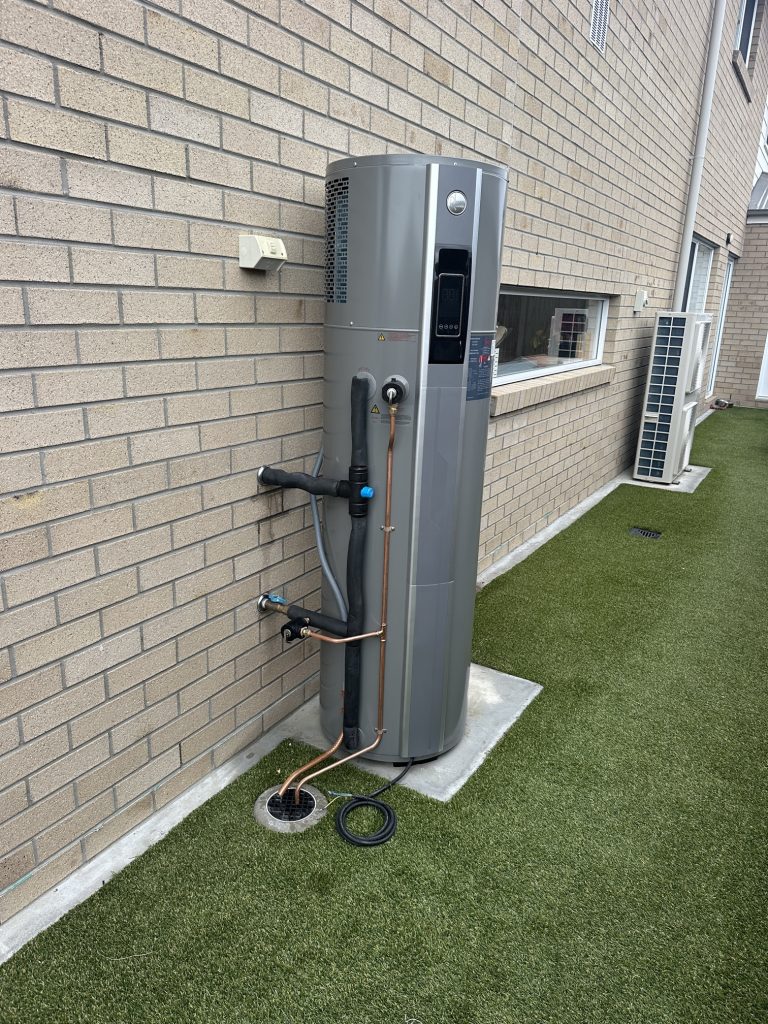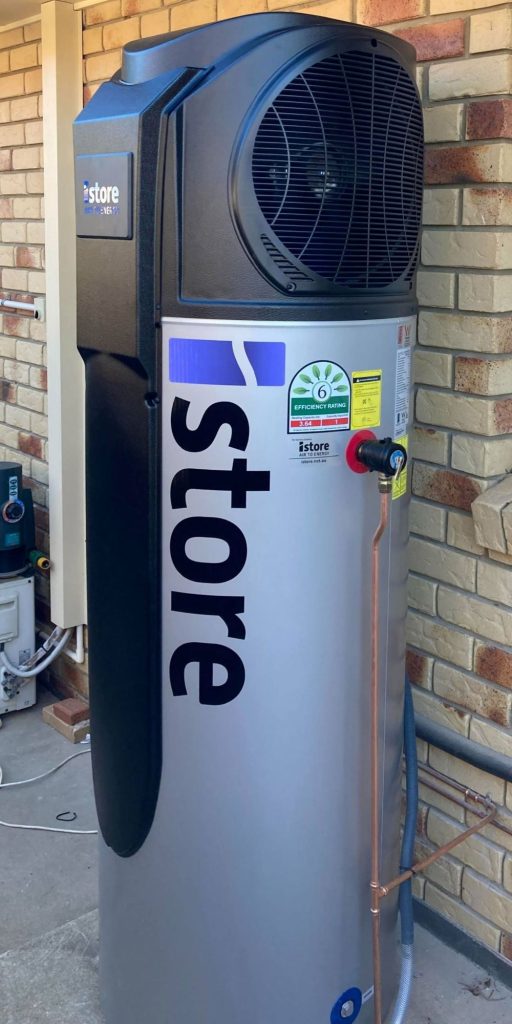Overcoming the Unique Challenges of Selecting Hot Water Systems in Queensland's Climate
When it comes to selecting the ideal hot water system for your home in Queensland, the decision goes far beyond just choosing a brand or considering the water capacity. It necessitates a thorough understanding of how a multitude of factors—including the local climate, varying humidity levels, electricity tariffs, and your household’s specific daily hot water consumption—can significantly impact the system’s overall efficiency and operational effectiveness. As energy prices continue to climb, more households are exploring heat pumps for their remarkable energy efficiency and eco-friendly attributes. However, it's important to recognise that these systems may not be suitable for every property type. A comprehensive evaluation of all relevant elements is crucial to ensure that you select the best solution for optimal performance and longevity of your hot water system.
This article seeks to delve into the operational efficacy of heat pumps in Queensland’s varied weather conditions, pinpoint which types of residences gain the most advantages from these innovative systems, and address prevalent misconceptions that could lead to subpar performance or misguided choices in system selection.

Enhancing the Performance of Heat Pumps in Coastal Queensland's Unique Environment
Heat pump water heaters function by extracting thermal energy from the surrounding ambient air. Their operational efficiency significantly increases with higher air temperatures. In the coastal regions of Queensland, particularly in sought-after areas like the Sunshine Coast, Brisbane, and the Fraser Coast, average air temperatures typically remain above 5°C throughout winter. This stable warmth allows heat pumps to operate effectively all year round, negating the need for electric boosting or additional heating elements that are often essential in cooler climates. By harnessing this natural energy source, homeowners can benefit from lower energy expenses and a significantly reduced carbon footprint, making heat pumps a smart and sustainable choice.
Identifying Key Environmental Factors That Enhance Heat Pump Efficiency
| Factor | Impact on Heat Pump Functionality | Coastal QLD Efficiency |
|---|---|---|
| Average ambient temperature | Higher temperatures lead to more efficient operation | ✓ Consistently maintained above 5°C |
| Humidity levels | Moderate improvements in efficiency | ✓ Generally high and stable |
| Access to off-peak electricity | Reduces operational costs | ✓ Widely available in most regions |
| Roof shading | Not significantly impactful | ✓ No detrimental effects on system performance |
| Direct sunlight exposure | Not a necessity for operation | ✓ Functions effectively even in shaded areas |
Understanding Scenarios Where Heat Pumps May Underperform
Although heat pumps offer numerous advantages, certain situations within Queensland may hinder their performance, leading to results that fall short of expectations:
- Inland or elevated regions
In areas such as Toowoomba or the Hinterland, overnight winter temperatures can drop significantly. In these scenarios, specific models of heat pumps may struggle to maintain peak efficiency without the assistance of a booster element, which can result in increased energy consumption and costs. - Restricted or poorly ventilated outdoor spaces
Heat pumps require adequate airflow around their compressor units to ensure efficient operation. In confined or enclosed environments, the efficiency of heat extraction may diminish, and operational noise could increase, potentially causing disturbances for nearby residents. - Large households with high water demand
In homes accommodating more than six occupants, systems designed for greater water storage capacity or quicker recovery times, such as solar-boosted gas systems, may be more effective in fulfilling substantial hot water requirements efficiently.
Dispelling Myths About Heat Pump Functionality in Queensland
“They become ineffective during winter.”
This misconception may hold true for colder southern climates; however, it is not applicable in Queensland. In regions where average temperatures consistently exceed 5°C, heat pumps retain their efficiency during the winter months, providing reliable hot water solutions even in cooler conditions.
“Solar panels are necessary for heat pumps to function.”
This statement is misleading. Heat pumps can function independently of solar photovoltaic (PV) systems, although pairing them with solar energy can further enhance your savings and environmental sustainability.
“Heat pumps are excessively noisy and disruptive.”
Modern heat pump systems are designed to operate at significantly lower noise levels compared to their older counterparts. When installed correctly in well-ventilated spaces, the noise produced by the compressor unit is usually minimal, ensuring a comfortable living environment.
Essential Strategies for Optimising Heat Pump Installation and Performance in Queensland
- Choose a system specifically designed for Australian conditions
Select models that feature high-efficiency ratings and dependable local support, such as istore or Stiebel Eltron, which are renowned for their performance in the Australian climate. - Install in a well-ventilated yet shaded area
While heat pumps do not require direct sunlight, they need adequate airflow around the unit to operate effectively and efficiently. - Utilise timers or smart controls
By programming your system to function during solar energy generation periods or during off-peak electricity hours, you can significantly enhance energy savings and reduce operational costs. - Ensure your system is correctly sized
A capacity of 250–300 litres is generally adequate for the needs of most families. An undersized system may lead to performance issues and an increased reliance on boosting mechanisms, which can elevate energy usage.
The Crucial Importance of Local Expertise for Successful Heat Pump Installation
The successful installation of a heat pump necessitates a tailored approach to achieve optimal results. The best outcomes are realised through collaboration with a local plumber who possesses expertise in:
- Performance optimised for local climate conditions, ensuring maximum efficiency
- Eligibility for rebates such as Small-scale Technology Certificates (STCs) and various Queensland government incentives aimed at promoting energy efficiency
- Strategic placement and ventilation of the unit, enhancing overall performance
- Integration with solar PV systems or battery storage solutions, as applicable, to maximise energy efficiency
At Creek to Coast Plumbing, we specialise in providing and installing high-performance hot water systems, including heat pumps, throughout the Sunshine Coast and Moreton Bay regions. Our dedicated team is here to assist you in determining which type of hot water service will best satisfy your individual needs. As the demand for energy-efficient hot water solutions continues to grow, many individuals are comparing solar options with heat pumps. We will assess the unique conditions of your home, recommend the most suitable system, and ensure you are set up for maximum efficiency.
Discover more information about our Heat Pump Hot Water Installations or reach out to us for a personalised recommendation tailored specifically to your requirements.
The Article: Heat Pumps in Queensland: Effective Solutions and Pitfalls first appeared on https://writebuff.com
The Article Heat Pumps in Queensland: Benefits and Challenges Explained Was Found On https://limitsofstrategy.com


